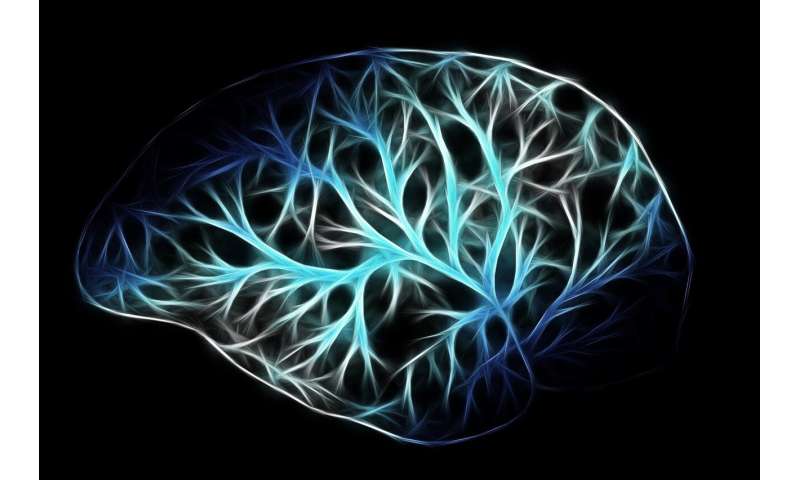
Fresh insights into damaging proteins that build up in the brains of people with Alzheimer’s disease could aid the quest for treatments.
A study in mice reveals how the two proteins work together to disrupt communication between brain cells.
Scientists observed how proteins—called amyloid beta and tau—team up to hamper key genes responsible for brain messaging. By changing how genes are expressed in the brain, the proteins can affect its normal function.
These changes in brain function were completely reversed when genetic tools were used to reduce the presence of tau, researchers at the University of Edinburgh found.
The study focused on the connection points between


























